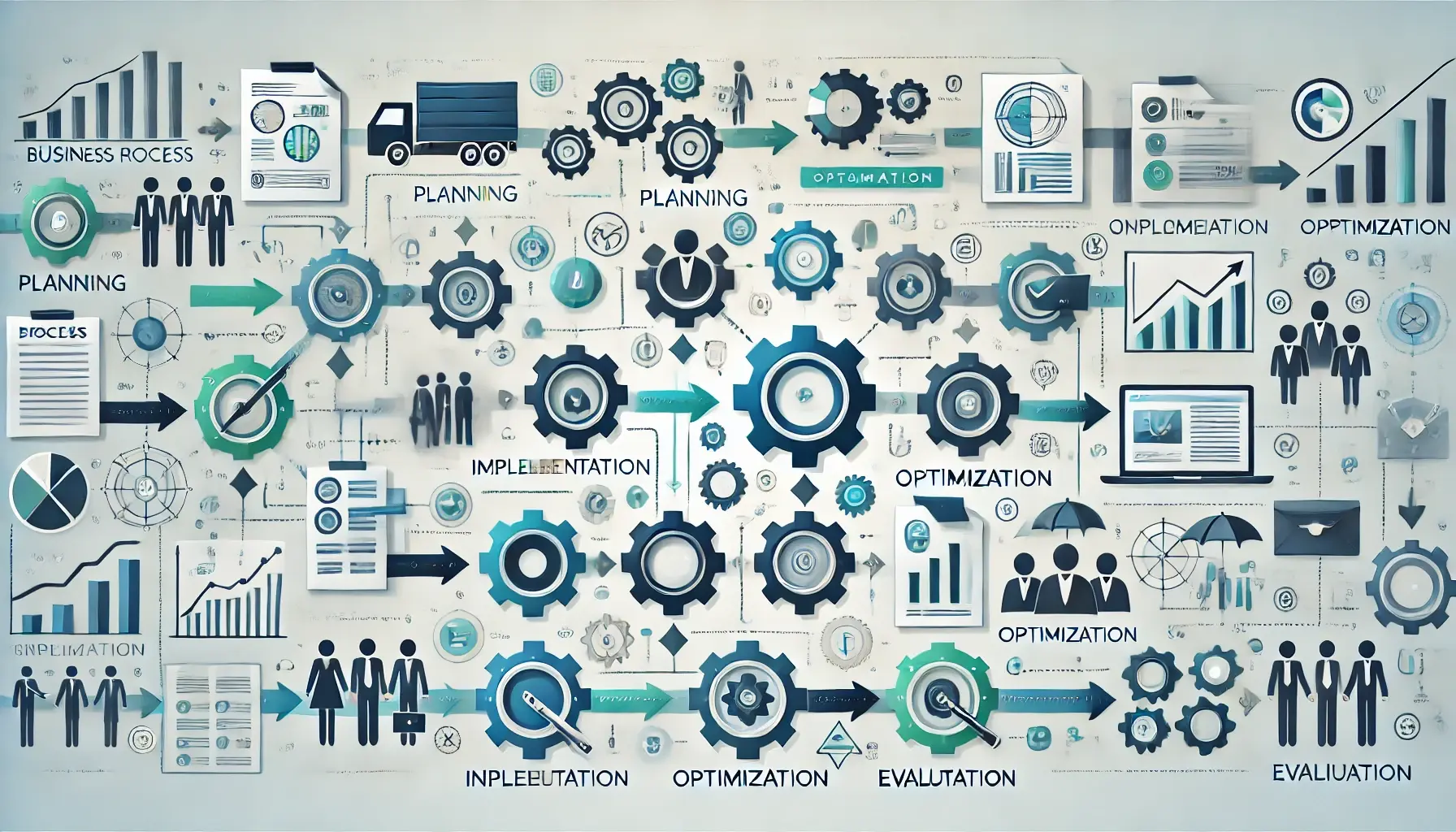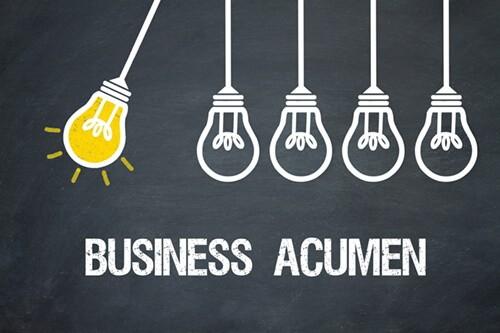The Journey from Individual to Collective Focus
Building from Personal Mastery to Collective Excellence
- Step 1: Mastery of Yourself: The journey often begins with self-awareness and self-improvement. When you have a strong understanding of your skills, strengths, and areas of growth, you bring a valuable contribution to any team.
- Step 2: Integration into the Group: Once you are confident in your own capabilities, the focus shifts to integrating these strengths into the collective effort. It means using your skills to support, uplift, and collaborate effectively with others.
- Step 3: Creating Synergy: Moving to "ourselves" means prioritizing the synergy that arises from a team. You recognize that the whole can be greater than the sum of its parts, and your role becomes about contributing to and harnessing this collective power.
Emphasizing Collaboration Over Individualism
- Moving from "myself" to "ourselves" emphasizes collaborative problem-solving. It’s about leveraging diverse perspectives, shared experiences, and collective knowledge to tackle challenges effectively.
- It requires a mindset shift: from "How can I excel?" to "How can we excel together?"
Enhancing Shared Accountability and Ownership
- With a focus on "ourselves," responsibility is shared. Successes and challenges are owned collectively, leading to stronger team cohesion and mutual support.
- This shift also involves creating a culture where each person feels valued and responsible for the outcome.
The Impact on Business Process Implementation
- In your field, transitioning from "myself" to "ourselves" is crucial for effective process implementation. When processes are designed with a collective mindset, they are more inclusive, effective, and likely to be adopted by the entire organization.
- This shift enhances buy-in from stakeholders, as people are more committed when they feel part of the solution rather than passive recipients of a process.
Strategies to Facilitate This Transition:
Encourage Open Communication: Foster an environment where everyone feels comfortable sharing ideas and feedback. This builds a sense of "us" rather than individual silos.
Promote Shared Goals: Define clear, shared objectives that everyone can work towards. When the focus is on "our goals," collaboration naturally increases.
Leverage Individual Strengths for Collective Success: Recognize individual strengths but integrate them into team efforts. Celebrate personal achievements as part of the team's overall success.
Build a Culture of Collective Responsibility: Encourage a mindset where team members see themselves as part of a whole, responsible not just for their tasks but for the success of the project or organization.












